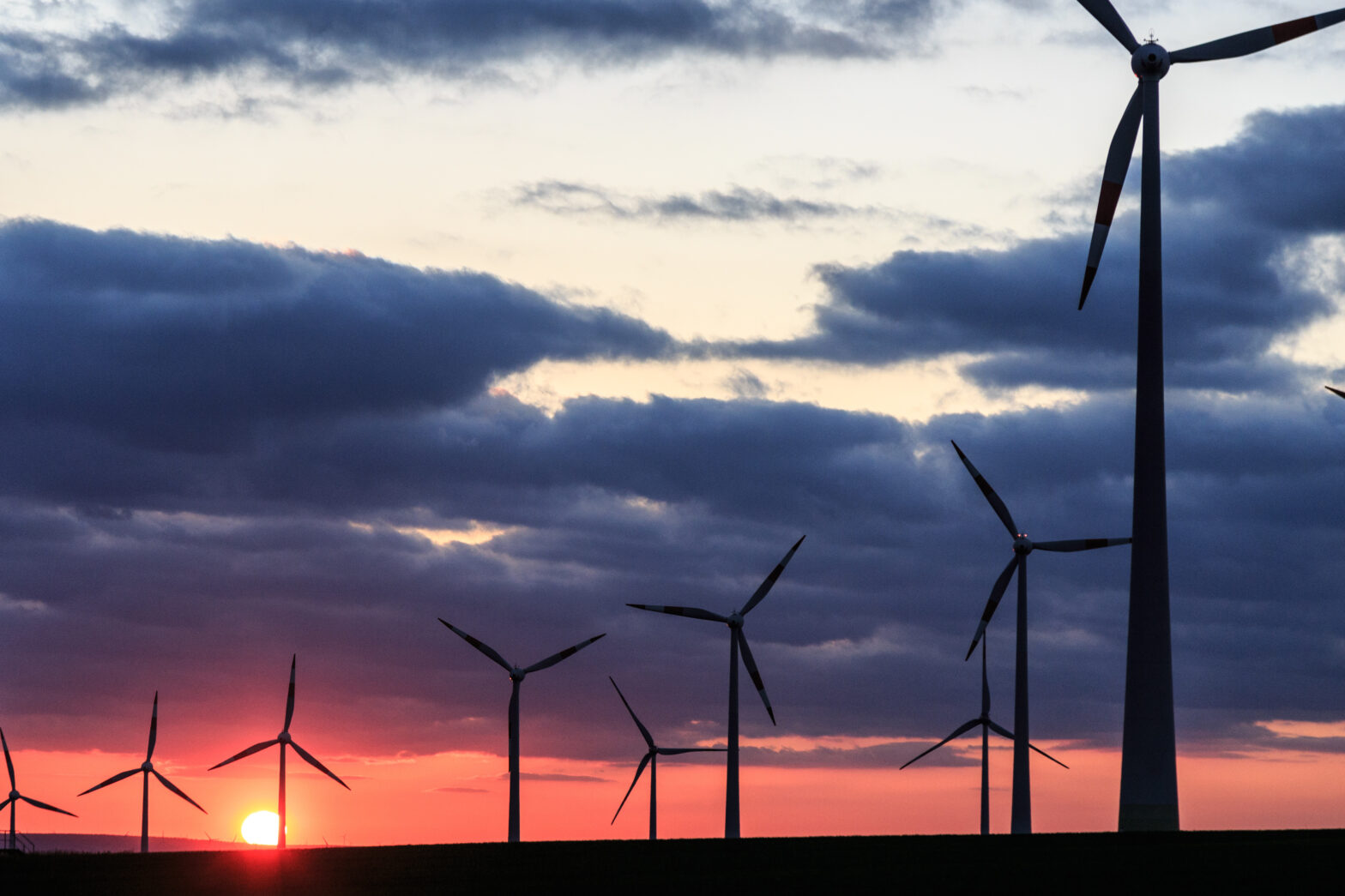Green technology has been prolific in the news recently with the UK’s new industrial strategy demonstrating a step in the right direction towards embracing new technology in the energy space.
There are plans in place to majorly change the way electricity is produced, used and stored, as the government becomes more aware of the need for a smarter, more flexible energy system. With UK consumers overpaying a staggering £5.4 billion a year on standard tariffs, it is time that the energy system is redesigned to optimise electricity prices and modernise the grid.
As part of their strategy, the government has outlined plans to ensure that all households and businesses are given the option to have a smart meter installed. While these meters give the consumer greater control and a better understanding of their energy usage, the data made available to them only scratches the surface of what is actually possible and what can have a real impact on changing consumer behaviour.
>See also: Connectivity concerns hindering IoT’s potential for energy sector
Smart meters sample energy consumption data in a home between once every 6 seconds to once per minute. This means while they can provide the total cost of your energy usage, they miss the opportunity to provide enough detail to encourage long-term behavioural change in the home, that would ultimately lead to lower energy bills and increased efficiency. An electrician is needed to install them and the information is relayed back to the consumer through old IHD technology which just ends up in people’s drawers.
The key to improving this system and opening up completely new insights into the home is unlocking the granular energy data within it. Systems, such as Verv, sample energy data at over a million times faster than a smart meter, and use artificial intelligence to identify the usage and cost of each individual appliance. This real-time information about your appliances is what unlocks information that extends far beyond spend.
At this level, energy data isn’t even just about energy anymore – think of safety and security. Imagine you leave your hair straighteners on by accident, you could be alerted before you leave the house to go back and turn them off.
Or imagine if you could be notified that lights have been switched on in your home whilst you’re away on holiday. And this extends to beyond just your own safety. What if relatives could be alerted if an elderly person fails to switch on the kettle for their morning cup of tea?
>See also: Energy sector focus shifting towards emerging tech
Analysing energy consumption using the application of advanced machine learning technology can even tell you when appliances are becoming inefficient or about to break – letting consumers make informed decisions about replacements and avoid coming home to a freezer full of spoiled food and water damage. It could even work out which replacements are likely to give you the best return on investment based on usage habits.
Third parties can derive added value too. Manufacturers would certainly want to get in-field data for their appliances’ performance – they might even pay the consumer to access it. Similarly, appliance usage behaviour could be used to validate insurance claims or product warranties, or even to more accurately and competitively price home insurance policies.
One step further, beyond smart meters, is the application of blockchain technology and the introduction of peer to peer energy trading, which is currently only being used in Germany, Australia, and Canada.
Blockchain technology is bringing about new opportunities in many sectors but in the energy sector, combining machine learning methods with the transaction and authentication capabilities of blockchains means delivering cheaper and more sustainable energy to consumers is possible.
>See also: The energy industry is hampered in its drive towards digitalisation
This blockchain-based energy trading solution will allow consumers who have renewable energy supplies to sell surplus power directly to neighbours. Importantly, this will improve access to low carbon electricity for those who cannot currently afford renewable technologies.
As the economy moves towards a ‘prosumer’ directed economy, it’s important that the energy sector keeps up. Peer-to-peer energy trading brings rise to the prosumer in the energy industry, putting them first and delivering a positive social impact.
Sourced by Peter Davies, CEO and founder of Verv







